Back to the Stakehouse Den casino
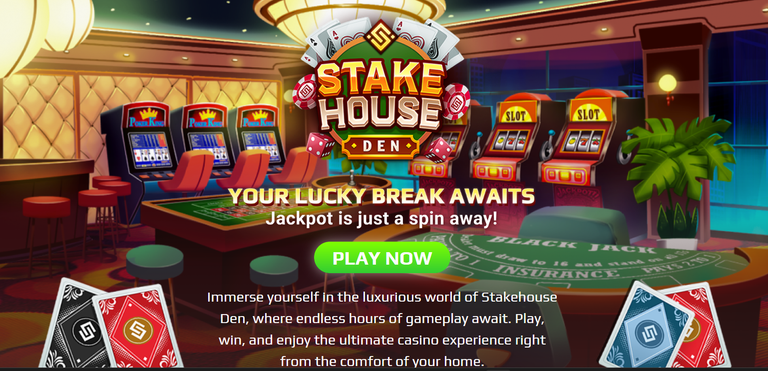
Good evening, today I'm back at Steak House Casino to try another of the gaming rooms and this time I've chosen the great Roulette.
But first, did you know that in 36 spins of roulette, not all 36 numbers usually appear?
It's strange to see it this way, but it's a matter of statistics. Although the roulette wheel has 37 slots, including zero, after 36 spins, it's very likely that several numbers will never come up. This isn't a mistake or cheating. It's simply how chance works in short sequences. This is known as the law of one-third. This law states that in blocks of 36 spins, approximately one-third of the numbers will not come up, another third will appear only once, and the remaining third will be repeated several times.
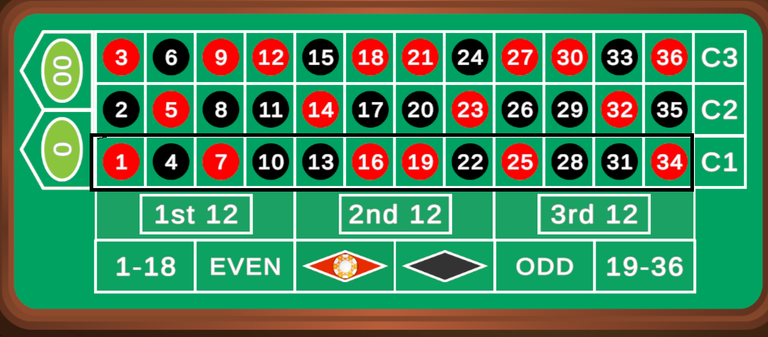
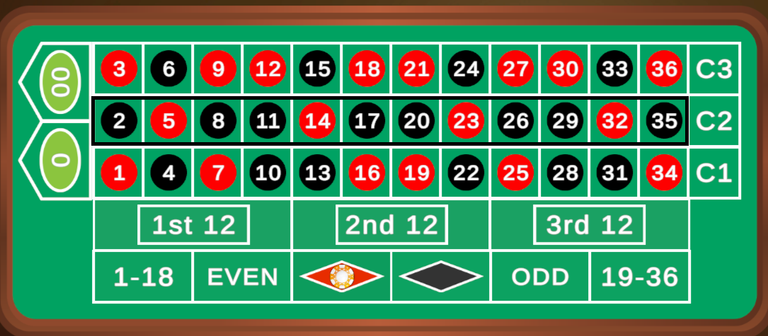
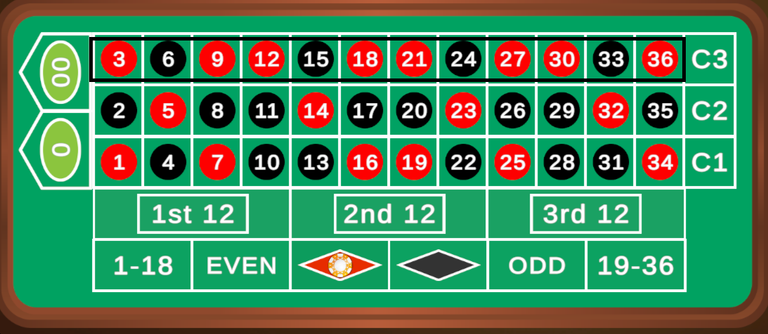
It's not a magic formula or an exact law, but it happens quite frequently, and if we pay attention, we can create an extremely powerful strategy with this statistical information.
The first thing you need to understand is that you don't need to write anything down. What you need to know: Online casinos and almost all land-based casinos also display a history of the last numbers drawn. This time, this history doesn't appear anywhere on the screen, and that makes the game more legitimate, so please add it.
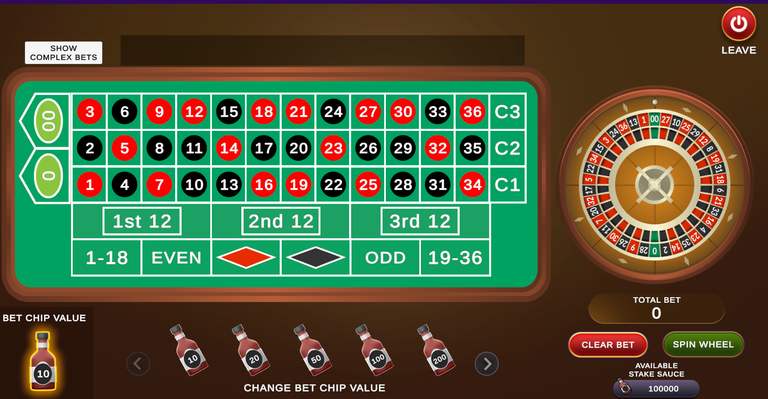
So let's imagine it does, but in this case, I had to write them down manually on a sheet of paper. After about 20 to 30 spins, you'll notice that there are several numbers that haven't come up even once. The idea is to bet on the numbers that haven't come up. Let's say you see 10 numbers that haven't come up yet. Of those 20 to 30 spins, you bet on each one. In total, you're betting $10 per spin, and if you get it right, you win $36 because the roulette wheel pays 35 to one, plus your bet. This leaves you with a net profit of $26.
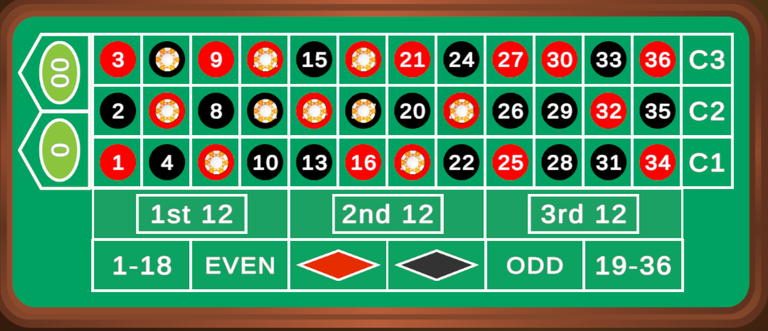
If you don't guess correctly, you lose the 10. But the strategy is to repeat that same bet over several spins. Sooner or later, if the rule of thirds holds true, one of those numbers will come up. On average, it will take between three and seven spins for one to come up. When that happens, you not only recover what you lost, but you're also in the black. Afterward, you can review your history to see if any new numbers appear that haven't yet come up and adjust your bet.
It's a method that doesn't rely on chasing losses or doubling your bets. It's based solely on observing the player's natural behavior. Short-term chance also plays a role, as numbers pay out so much when they come up that you can afford to lose several spins because, by winning just one, you'll recover everything and even make a profit. There's another way to apply this idea: betting on numbers that have only come up once. The logic is that if a number has already come up, it's part of the group that tends to repeat itself. But you can try it later to focus on the ones that haven't come up. It's simpler and more straightforward. And if you're wondering if this is foolproof, the answer is no. Nothing in roulette is. But the interesting thing about this strategy is that it adds structure to the game instead of randomly throwing chips. You make decisions based on what's happening in real time, and that already puts you a step ahead of the rest.
My conclusion after playing roulette
My conclusion is very quick and concise. This method, and no other, is valid for this roulette wheel, as a sequence of numbers doesn't appear, since I could have rolled the number 0 eight times and bet on it, but it never came up. I'd like it if, since they're making a game and bothering to make it pretty, they'd also make it legitimate, because roulette isn't. My advice is not to play at all.
Well, this was the post and analysis of Stakehouse Den Casino's roulette wheel.
